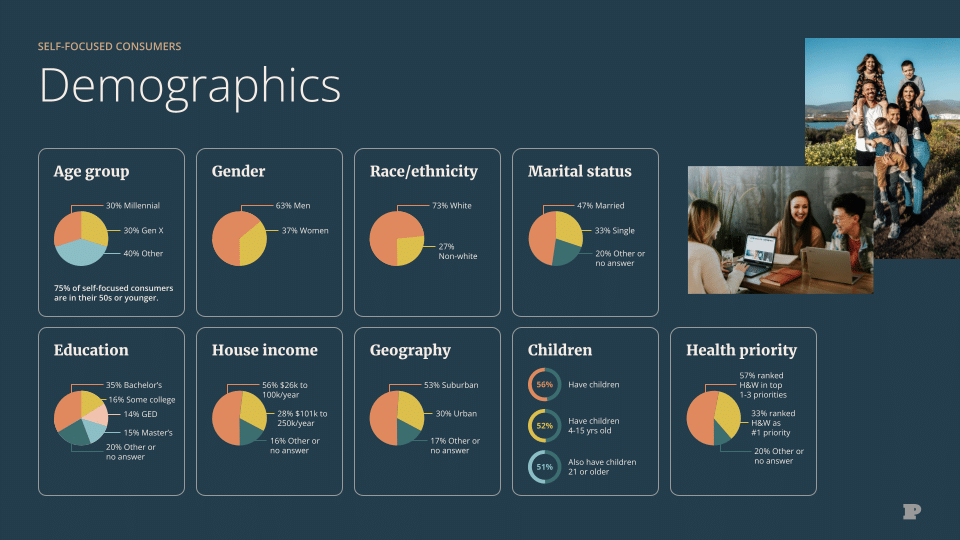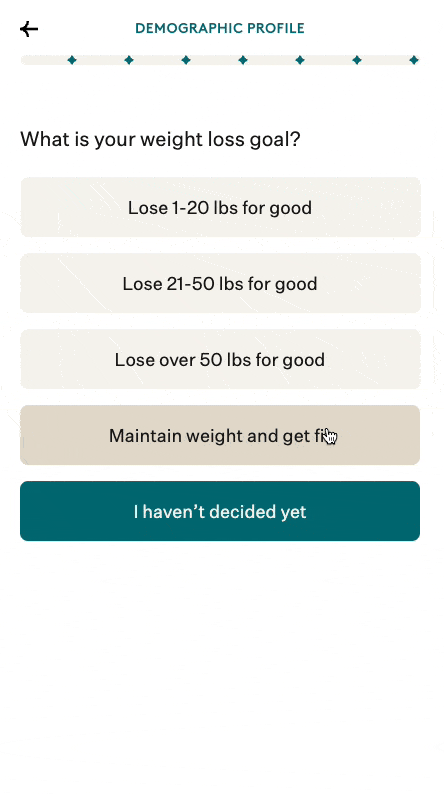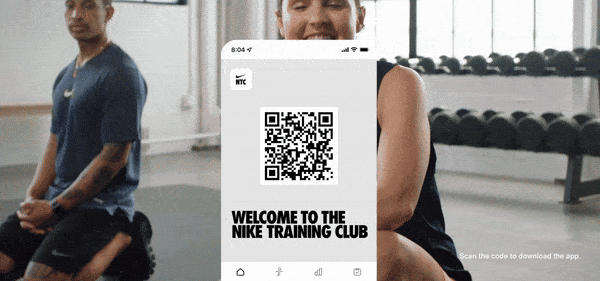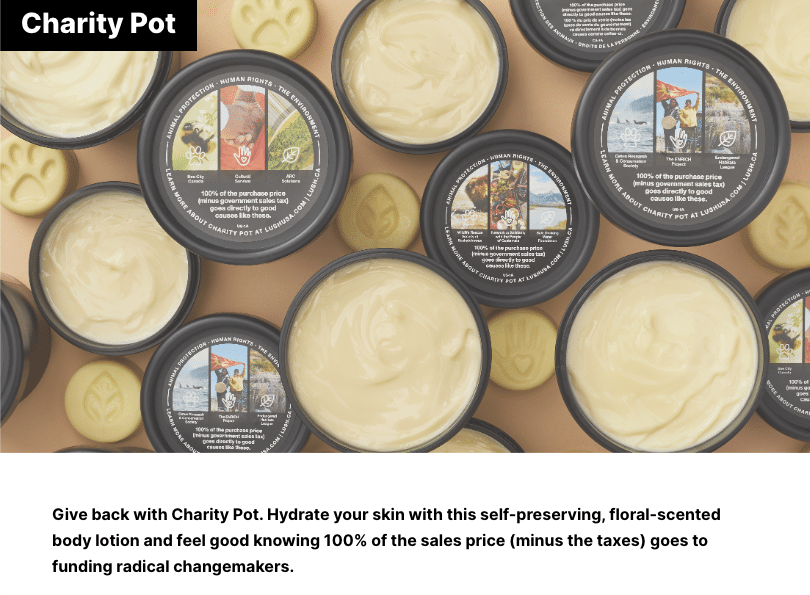At Parallel Path, we are on a mission to transform lives and build a healthier world. We believe that humans deserve better health and that health deserves better marketing. To deepen our understanding of health and wellness consumers, we conducted a comprehensive study involving thousands of respondents across diverse demographics. We dove into their motivations, goals, purchasing behaviors, and frustrations when it comes to their overall health and well-being journey.
The result?
A wealth of actionable insights that reveal what makes these individuals tick.
From this study we uncovered four distinct health and wellness consumer segments: Self-Focused, Solution-Focused, Mission-Focused, and Dismissive. Each of these segments has its unique characteristics and behaviors, providing valuable insights into consumer motivations and preferences.
Among these, Self-Focused consumers stand out for their unique approach to personal well-being and fulfillment. They demand more from the brands they interact with, seeking connections that resonate with their individual needs and values.
Self-Focused Consumers By the Numbers

Our study uncovered that 75% of self-focused consumers are in their 50s or younger, with a balanced mix of 30% Millennials and 30% Gen Xers. This segment is diverse yet united by their pursuit of personal fulfillment and well-being. We found that 63% of these consumers are men, and 37% are women, indicating a slight male predominance in this segment. Furthermore, 56% of these consumers have children, and 57% rank health and wellness in their top three priorities, with 33% placing it as their number one priority.
What does it mean to be Self-Focused?
Self-focused consumers represent individuals who prioritize their own well-being and personal fulfillment. They are highly selective about the brands they interact with, perceiving brands as reflections of themselves and being discerning in their choices. This segment is perceptive to brand tactics and is value-driven, seeking brands and services that resonate with their needs and preferences. Placing a strong emphasis on authenticity and practicality, they are more likely to engage with brands that demonstrate an effort to understand their unique identity and aspirations.
Core Characteristics:
- Prioritize Personal Well-being: This segment values health and wellness as central to their lifestyle choices.
- Seek Authenticity: They prefer brands that are genuine and transparent in their communication and practices.
- Value Individual Recognition: They are more likely to choose brands that treat them as individuals and make an effort to recognize their unique needs and preferences.
Key Motivations:
- Realism Matters: Self-focused consumers prefer achievable objectives over lofty ideals.
- Community Impact: This group shares a sense of social responsibility and a desire for meaningful contributions to their communities.
- Personal Fulfillment: They prioritize their own well-being and seek products and services that contribute to their personal growth and happiness.
Why this matters for brands
Gone are the days of one-size-fits-all marketing. Self-focused consumers are rewriting the rules, demanding personalization, transparency, and genuine engagement. They see the brands they choose as extensions of their own identity, and they expect those brands to get them—really get them.
Study Insight: 88% of self-focused consumers find personalized brand websites valuable, and 70% consider brand websites their number one source for learning about products.
Many brands still rely on all encompassing messaging, missing out on opportunities to connect deeply with their audience and failing to create personalized digital experiences. This includes customizing content, recommendations, and offers based on individual consumer data. Enhanced customer data analytics are crucial—understanding individual consumer journeys allows for more precise targeting. Personalized communication, such as email marketing campaigns that address consumers by name and reflect their past purchases and preferences, can significantly enhance engagement and conversion rates.
See this in action:
Noom
Noom offers a personalized experience on its website through its app-based weight loss programs. Website visitors input specific details about their health goals, current weight, dietary preferences, and lifestyle habits. This information is then used to create customized weight loss plans, providing personalized guidance and coaching to help users achieve their goals effectively.

Study Insight: 57% of self-focused consumers rank health and wellness in their top three priorities, with 33% ranking it as their number one priority.
Health and wellness isn’t a trend; it’s a lifestyle. Self-focused consumers are leading the charge, prioritizing mental, physical, and emotional well-being. Brands need to stay ahead of this curve by offering solutions that cater to these holistic needs.
Brands should integrate health and wellness into their core offerings, not as an add-on but as a central part of their value proposition. This is especially important as consumers become more health-conscious post-pandemic. Developing products and services that cater to mental, physical, and emotional health, such as wellness apps, mental health support, fitness programs, and nutritional products, is key. Brands that do not prioritize wellness miss a significant opportunity to resonate with these consumers.
See this in action:
Nike Training Club

Nike is a prime example of a brand that has expanded its focus beyond athletic apparel and footwear to embrace holistic wellness. Beyond just outfitting athletes, Nike promotes overall well-being through initiatives like the Nike Training Club (NTC) app. This app offers a range of workouts, mindfulness exercises, and nutrition tips, catering not only to physical fitness but also to mental and emotional health.
Study Insight: 58% want brands to have realistic goals, and 42% want those goals to impact the local community.
Transparency and ethical practices are not optional; they are essential. Consumers are looking for brands that not only talk the talk but walk the walk when it comes to social responsibility and sustainability. Brands should clearly communicate their values, missions, and ethical practices, as transparency builds trust and loyalty among consumers who prioritize ethics. Brands that ignore this trend risk being perceived as inauthentic or uncaring, which can significantly harm their reputation and consumer trust.
See this in action:
LUSH

LUSH is committed to ethical sourcing and supporting local communities through its Charity Pot program. The brand donates 100% of the price (excluding taxes) of each Charity Pot lotion to small grassroots organizations working in areas of environmental conservation, animal welfare, and human rights.
Navigating the Path Forward
As the health and wellness landscape continues to evolve, one thing remains clear: self-focused consumers are at the forefront of driving change. They’re not just looking for products; they’re seeking personalized experiences that align with their values and aspirations. Brands that understand and cater to these preferences stand poised to thrive in this competitive arena. By embracing personalization, transparency, and ethical responsibility, brands can forge deep connections with this influential demographic, paving the way for long-term loyalty and advocacy.
